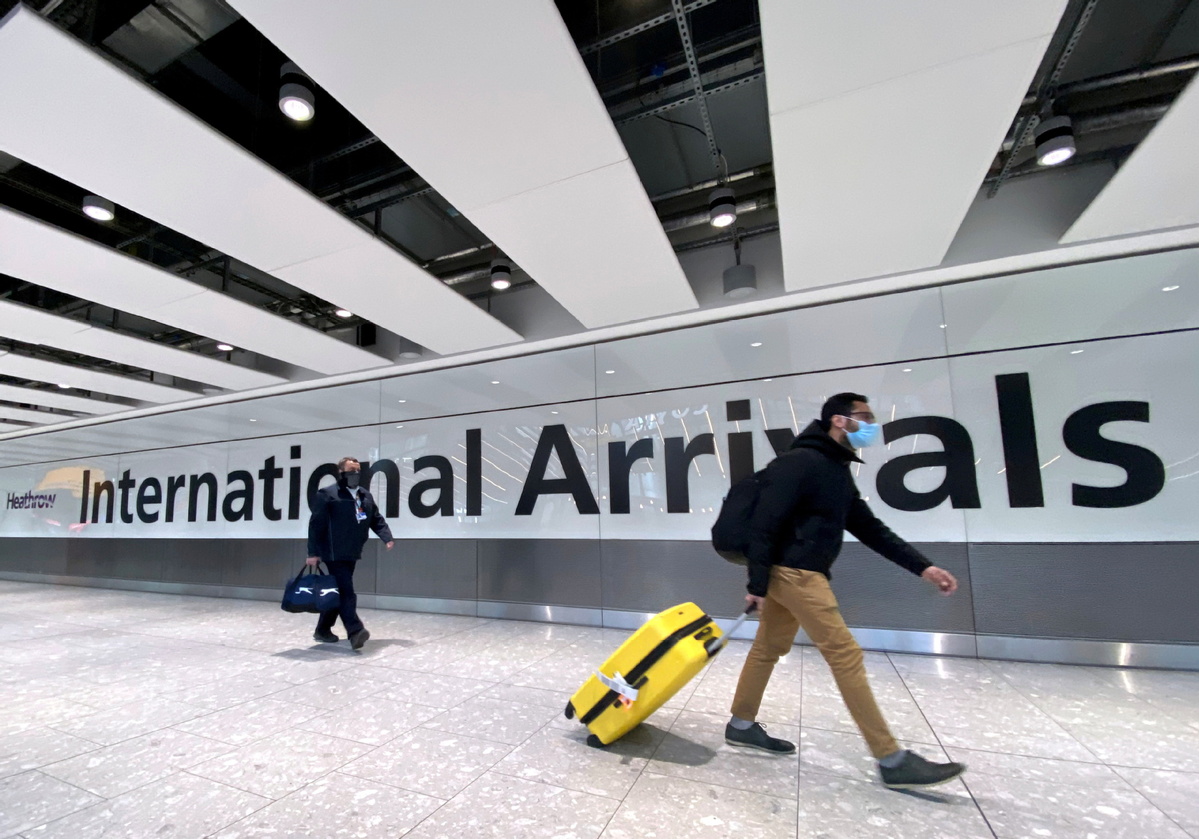UK unveils 'green list' of countries for foreign travel from May 17


LONDON - The British government on Friday announced a "green list" of countries from which travellers are not required to quarantine upon return to England.
Portugal, Israel, Singapore, Australia and New Zealand are among 12 countries and regions on the "green list" of travel destinations from May 17 for people in England, British Transport Secretary Grant Shapps said.
Speaking at a press conference at Downing Street, Shapps said COVID tests will still be required before and after travel to these destinations.
Shapps described the step as "tentative" as concerns remain "about resurgence of COVID".
Under the new traffic light system, Turkey, the Maldives and Nepal have been added to the "red list", which means travellers from those countries will have to quarantine in a hotel for 10 days on their return.
Shapps said the government's latest decision was "necessarily cautious". "We must make sure the countries we reconnect with are safe," he added.
Countries on the green, amber and red lists would be reviewed every three weeks from May 17, according to Shapps.
The British government is only responsible for coronavirus restrictions in England. The devolved governments in Scotland, Wales and Northern Ireland are responsible for their own policies in relation to public health matters. Scotland, Wales and Northern Ireland have not said when they might ease their strict travel restrictions.
Another 2,490 people in Britain have tested positive for COVID-19, bringing the total number of coronavirus cases in the country to 4,431,043, according to official figures released Friday.
The country also reported another 15 coronavirus-related deaths. The total number of coronavirus-related deaths in Britain now stands at 127,598. These figures only include the deaths of people who died within 28 days of their first positive test.
More than 35 million people have been given the first jab of the coronavirus vaccine, according to the latest official figures.
Earlier Friday, Public Health England declared a coronavirus strain first detected in India, known as B1617.2, as "variant of concern".
Experts have warned that despite progress in vaccine rollout, Britain is "still not out of the woods" amid concerns over new variants, particularly those first emerged in South Africa, Brazil and India, and the third wave of pandemic on the European continent.
To bring life back to normal, countries such as Britain, China, Russia, the United States as well as the European Union have been racing against time to roll out coronavirus vaccines.
































